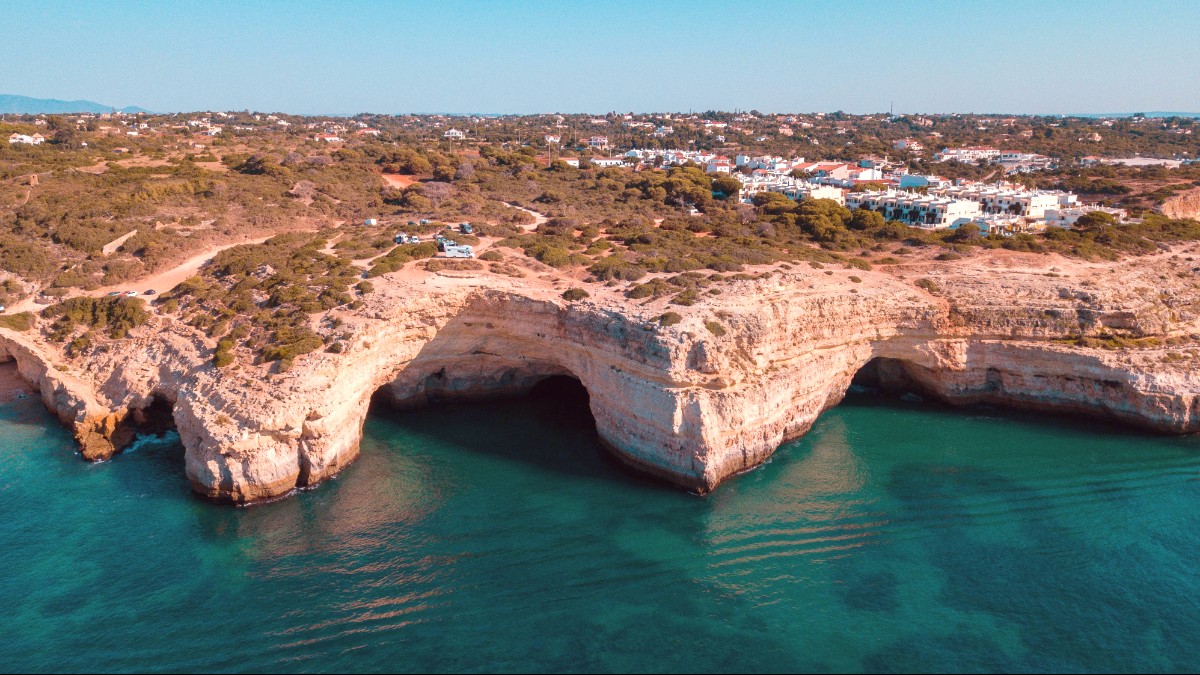
Portugal
For precise navigation, discovering points of interest, and checking public transport routes and schedules. Download offline maps of Albufeira and the Algarve before your arrival.
For quick language translation. Download the Portuguese offline language pack to use it without an internet connection.
For convenient ride-sharing services. Install both to compare prices and availability.
For browsing restaurants, reading reviews, and making reservations, often with special deals.
For up-to-date local forecasts, aiding daily activity planning.
Useful for last-minute accommodation searches or managing existing bookings.
The official regional tourism website (Www.visitalgarve.pt). This site details attractions, events, accommodation, and activities across the Algarve.
The official municipal tourism information site (Www.cm-albufeira.pt/turismo). While it may focus more on local services, it offers event calendars and some tourist information.
The national bus company website (Www.rede-expressos.pt). Use this for planning intercity bus travel within Portugal.
The national rail company website (Www.cp.pt). Use this for planning train journeys, including routes to Albufeira-Ferreiras from Lisbon or Faro.
Consider a general Portugal travel guidebook for broader context, which typically includes a dedicated and detailed Algarve section. Local maps of Albufeira and the Algarve region often appear free at tourist information centers.
For historical context: Books like "The Portuguese: A Modern History" by Barry Hatton. For local culture: "Salt, Sugar, Flour, and Eggs: The Surprising Story of how the Portuguese Created the World's Most Exciting Desserts" by Ana Patuleia Ortins.
Free tourist magazines or brochures commonly appear in hotel lobbies, tourist information offices, and sometimes in restaurants. These often list current events, attractions, local maps, and occasionally discount vouchers.
Pre-book your transfers for a seamless journey from Faro Airport to your accommodation. This prevents delays and queueing for taxis.
Albufeira's 'Giro' buses present an economical way to navigate the city. Consider a rechargeable card for frequent use.
Uber and Bolt extend competitive fares for shorter distances and direct routes. Compare prices before use.
If your passport or other important documents become lost or stolen, report the loss or theft to the local police (PSP or GNR) immediately to obtain a police report. This report appears necessary for insurance claims and for securing an emergency travel document.
Confirm your passport remains valid for at least six months beyond your intended departure date from the Schengen Area.
Investigate visa requirements for Portugal/Schengen Area (if applicable for your nationality).
Initiate the Schengen Visa application process if needed. Look into upcoming ETIAS authorization requirements.
Book your main flights, especially for high season, to secure favorable prices.
Research and book your accommodation. Popular hotels and villas, notably for groups or families, become fully booked quickly during peak times.
Acquire comprehensive Travel insurance. It covers medical emergencies, trip cancellation, and any planned adventurous activities.
Confirm all your bookings (flights, accommodation, tours, car rentals). Double-check dates and times. Inform your bank and credit card companies of your travel plans to prevent any holds or fraud alerts on your cards while abroad. Make copies (digital and physical) of all important documents, storing them separately from the originals.
Start learning some basic Portuguese phrases to enrich your experience. Download useful apps, like maps (offline), translation tools, and ride-sharing apps. Familiarize yourself with Albufeira's layout by looking at maps, identifying your accommodation's proximity to points of interest.
Consider a VPN for secure internet access, especially on public Wi-Fi. Pack a basic first aid kit with any required personal medications. Ensure you have the correct power adapter for Portugal.
A small effort to learn basic Portuguese phrases contributes significantly to warmer interactions and a connection with the local culture. Locals appreciate the gesture.